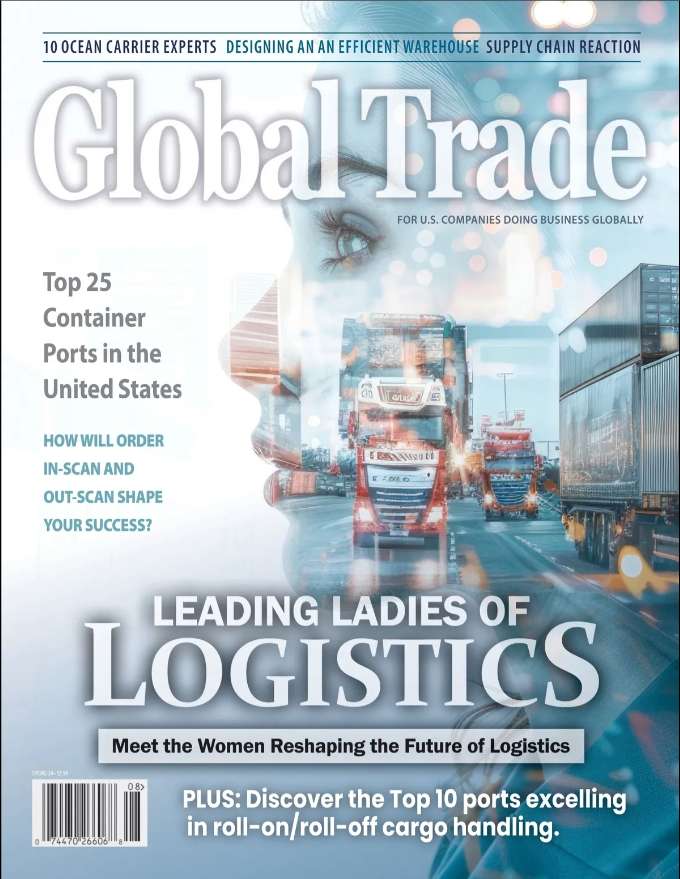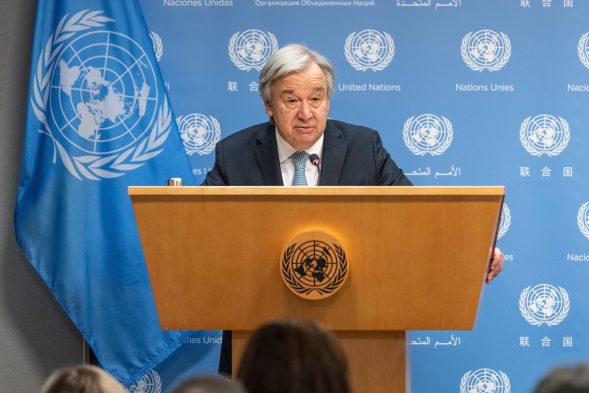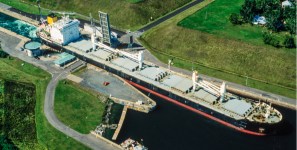UNCTAD Advocates for Resilient Global Supply Chains Amid Trade Disruptions
The inaugural United Nations Global Supply Chain Forum, organized by UN Trade and Development (UNCTAD) and the Government of Barbados, took place from May 21 to 24, 2024. Over 1,000 global participants gathered to address escalating disruptions in global supply chains.
Read also: Charting a Course for Sustainable Global Trade: UNCTAD’s Inaugural Global Supply Chain Forum
Global Disruptions and Supply Chain Vulnerability
UN Deputy-Secretary General Amina Mohammed, Barbados Prime Minister Mia Amor Mottley, and UNCTAD Secretary-General Rebeca Grynspan opened the forum amid a volatile trade landscape. The forum highlighted how disruptions are increasing shipping times and greenhouse gas emissions, stressing the need for more inclusive, sustainable, and resilient global production and distribution networks.
Climate Change and Geopolitical Tensions
Climate change, geopolitical tensions, and the COVID-19 pandemic have severely impacted global supply chains. UNCTAD’s critical analysis emphasized the role of ports in maintaining global value chains through technology and sustainable practices. Secretary-General Grynspan’s visit to Bridgetown Port underscored the importance of ports in SIDS adopting sustainable practices.
Decarbonizing Global Shipping
The forum explored decarbonizing global shipping, particularly in developing countries with renewable energy resources. Key steps include incentivizing low- or zero-carbon fuels, establishing safety frameworks, and developing port readiness assessment tools. The launch of the “Manifesto for Intermodal, Low-Carbon, Efficient, and Resilient Freight Transport and Logistics” marked a significant move towards transforming freight transport to meet climate targets and enhance socio-economic resilience.
Strategic Focus on Small Island Developing States (SIDS)
SIDS face heightened risks from climate change, impacting their transport infrastructure. The forum stressed the importance of improving connectivity through investments in maritime and air transport infrastructure and efficient multimodal networks. SIDS ministers called for international financial support to promote energy-efficient and sustainable maritime technologies.
Digital Solutions for Supply Chain Resilience
Digital technologies are vital for strengthening global supply chain resilience. Innovations like blockchain traceability and advanced customs automation were showcased as essential tools for optimizing trade processes, enhancing transparency, and reducing risks. UNCTAD presented guidelines for an electronic single window for trade, highlighting the need for collaboration and digitalization in the maritime sector.
Launch of Trade-and-Transport Dataset
The forum introduced the UNCTAD Trade-and-Transport Dataset, developed with the World Bank. This comprehensive repository provides data on global trade flows, commodities, transport modes, and associated costs. The dataset aims to enhance understanding and optimize global trade, aiding evidence-based policymaking.
Innovation and Youth Collaboration
Ahead of the forum, the first Supply Chain Innovation Challenge inspired solutions for greener, more efficient, and resilient supply chains. Winning proposals were presented at the event. Speaking at the University of the West Indies, Secretary-General Grynspan encouraged students to pursue their dreams and contribute to sustainable development, highlighting the resilience and innovation of Caribbean nations.
Future Collaborations and Saudi Arabia 2026
UNCTAD and the China Council for the Promotion of International Trade (CCPIT) signed an MoU to expand collaboration in trade and investment promotion. The outcomes of this forum aim to strengthen global supply chains and the resilience of SIDS. The next forum will be hosted by Saudi Arabia in 2026, reflecting the Kingdom’s commitment to enhancing global supply chains and positioning itself as a leading logistics hub.
This forum underscores the urgent need for resilient and sustainable global supply chains, focusing on digital solutions, decarbonization, and strategic investments in vulnerable regions like SIDS.





Leave a Reply